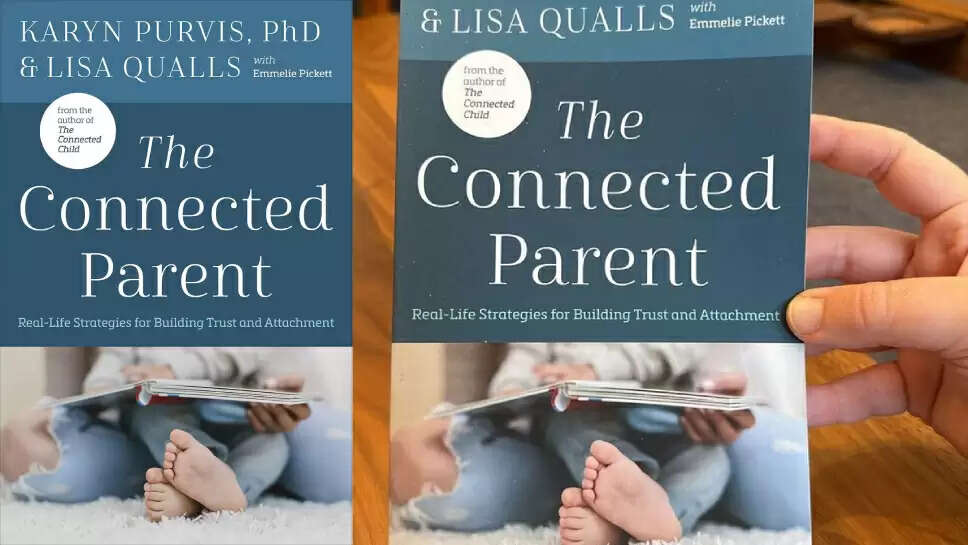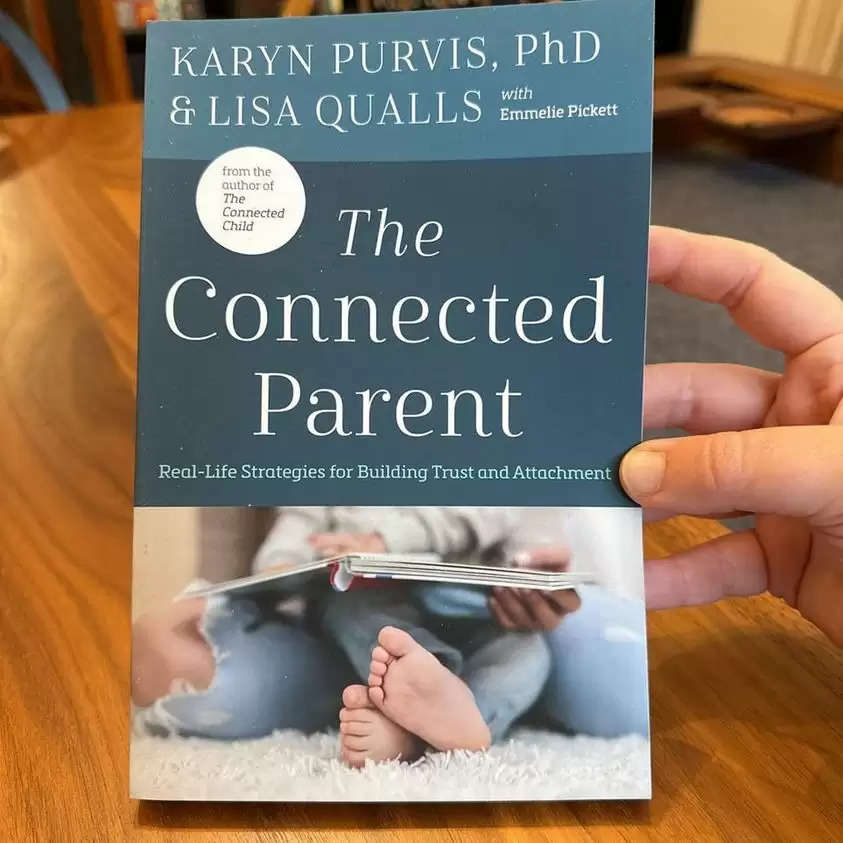7 Lessons from "The Connected Parent" for Nurturing Trauma-Affected Children

If you want to be a stable, loving, and understanding parent—especially to kids who have been through a lot—"The Connected Parent" is a life-changing book for you. Insightful and compassionate, the book delves into the core of parenting, offering practical techniques to cultivate strong, supportive connections. In a more conversational style, here are the seven main takeaways from the book.
1. Understanding Attachment
Attachment is like an unseen thread that ties a parent and child together. In "The Connected Parent," it's emphasised as the most important thing for a child's growth. A child has a strong foundation from which to explore the world when they feel safe in their attachments. Trust and a feeling of safety are important for emotional, social, and mental growth. The book tells parents to always be there, listen, and help their kids. Think of connection as a garden that grows better the more care and attention it gets. As you are there for your child, both physically and mentally, you give them a sense of safety that will last a lifetime.
2. Trust-Based Relational Intervention (TBRI)
The book talks about TBRI as a new way for parents and carers to help kids. TBRI is an all-around plan that is designed to help kids who have been through a lot of bad things. It is built on three main ideas: connecting, giving people power, and giving organised care. Building a connection based on trust and understanding is part of connecting. Empowering kids means teaching them how to control themselves and giving them courage. Structured care gives kids a safe place to be that is stable and regular. Think of TBRI as a set of tools made to help kids from troubled families deal with the unique problems they face. These tools include ways to build trust and encourage healing.
3. Connecting Before Correcting
"Connecting before correcting" is one of the most important lessons in the book. This means taking care of a child's mental needs before you deal with their behaviour problems. Instead of addressing bad behaviour right away, the focus should be on seeing things from the child's point of view and letting them know that their feelings are understood. It helps to build a better emotional bond this way. Connecting first means going after more than just the behaviours on the surface. It means going after the reasons behind them. When kids feel understood and supported instead of just being punished, they are more likely to make changes in their behaviour that last.
4. Practical Strategies for Nurturing
The book "The Connected Parent" isn't just theory; it gives real-life ways to care for kids. Some of these are doing things that are good for the senses, like playing with textured materials or being active, and touching someone lovingly. These kinds of tasks can help kids deal with their feelings and feel more stable. For example, a soothing bedtime routine or a warm hug can have a big effect on a child's feeling of safety. These simple but powerful activities improve the bond between a parent and child, giving kids emotional support that makes them feel safe and loved.
5. Empathy and Understanding
Being a good mom means having empathy. The book stresses how important it is to really listen to kids and treat them with kindness. Not only should you listen to what they say, you should also really understand how they feel and what they've been through. You can build trust and respect with someone by affirming their feelings and understanding them. This method helps kids feel seen and understood, which is very important for their mental health. You should make them feel safe enough to talk about their feelings and express themselves while you help them.
6. Self-Care for Parents
Parenting, especially under challenging circumstances, can be demanding. The book doesn’t shy away from acknowledging this reality. It highlights the need for parents to engage in self-care. Taking time for yourself isn’t a luxury; it’s essential for maintaining your own emotional and physical health. When you practice self-care, you’re better equipped to handle the demands of parenting. You’ll find that you have more patience, empathy, and energy to offer your child. Remember, you can’t pour from an empty cup—taking care of yourself enables you to be more present and effective in your parenting.
7. Trauma-Informed Parenting
Understanding trauma and its effects on children is a crucial aspect of effective parenting. The book guides parents to adopt a trauma-informed approach, which means recognizing how past experiences influence a child’s behavior and development. This involves being patient, flexible, and willing to adapt your parenting strategies to meet your child’s specific needs. By acknowledging the impact of trauma, you can respond with greater sensitivity and compassion. This understanding helps you create a more supportive environment where your child can heal and thrive.
To sum up, "The Connected Parent" provides helpful advice and suggestions for building meaningful connections with kids, especially those who have been through a lot. In order to foster a safe and nurturing environment for their kid, parents should prioritise attachment, trust-based interventions, empathetic connections, self-care, practical nurturing tactics, and approaches that are influenced by trauma.

Book: https://amzn.to/4dOM4lU
--
-- Class Dismissed --
You Might Also Like: 10 lessons from "People Can't Drive You Crazy If You Don't Give Them the Keys" by Mike Bechtle
